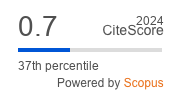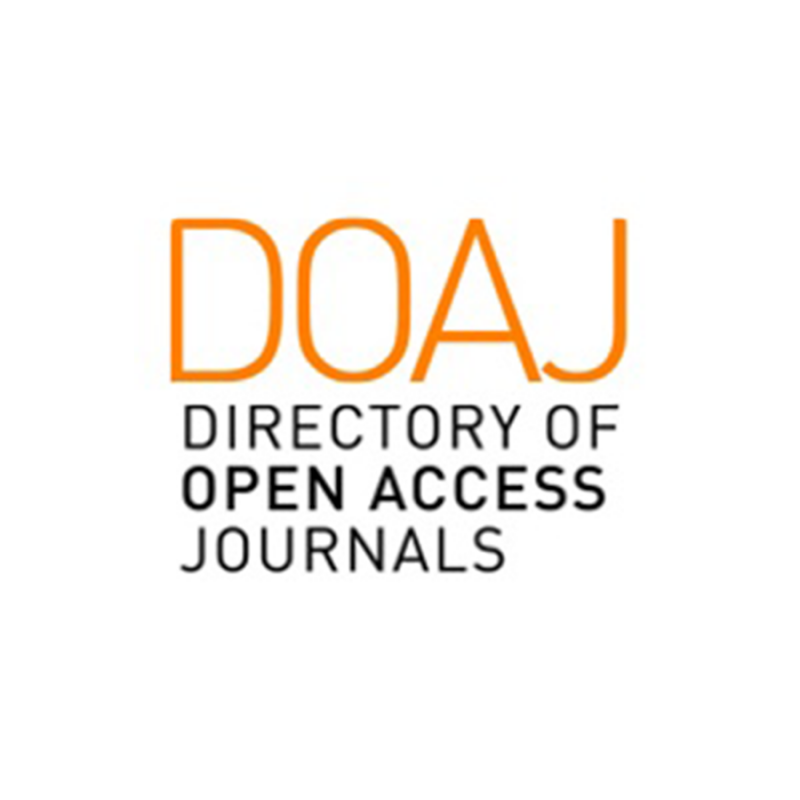Evaluation of Serum Osteocalcin and Osteopontin Levels as Bone Biochemical Markers in Postmenopausal Women.
Keywords:
Postmenopausal Osteoporosis Osteocalcin OsteopontinAbstract
Background: Studies discussing the correlation between biochemical markers of bone turnover and the diagnosis of osteoporosis in postmenopausal Iraqi women are rare. This study is devoted to find out the significance of serum osteocalcin (OC) and osteopontin (OPN) levels with the incidence of osteoporosis and its major complication (fracture).Objectives: to investigate the significance of bone turnover biochemical markers; serum osteocalcin and serum osteopontin in evaluating osteoporosis for postmenopausal Iraqi women with and without history of vertebral fracture, as well as to explore the relationship of these markers with bone mineral density (BMD).Methods: Fifty seven postmenopausal women whose ages are fifty years old and over, categorized into two groups: osteoporosis postmenopausal women (n=30), and healthy postmenopausal women (n=27). All sera samples were analyzed for serum alkaline phosphatase, calcium and phosphorous by using spectrophotometric kit. Serum OC and OPN levels were measured by immunoassay (ELISA) kits. BMD were measured by (DEXA). Results: BMD and T-score were significantly lower in osteoporotic postmenopausal group as compared with healthy group (p=0.0001). Serum OC levels and serum OPN levels were elevated significantly in osteoporotic postmenopausal group as compared with healthy group (p=0.0001).Conclusions: The levels of OC and OPN in serum could be used as a biochemical indicator in the early diagnosis of osteoporosis postmenopausal women













